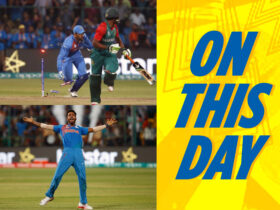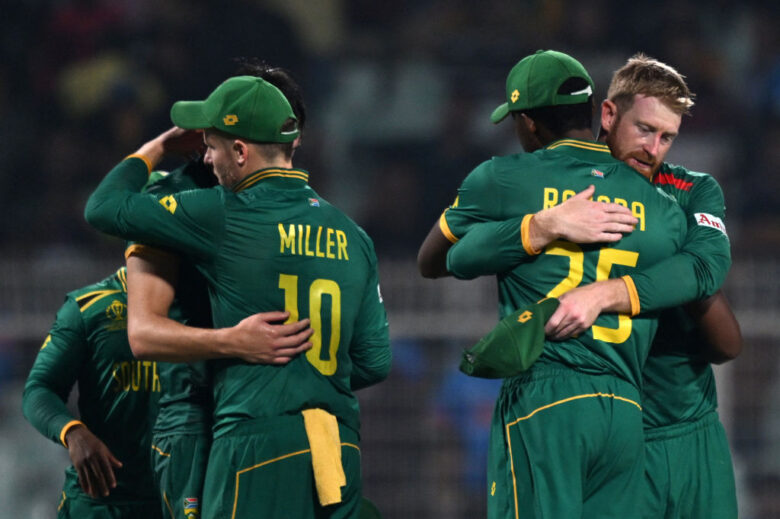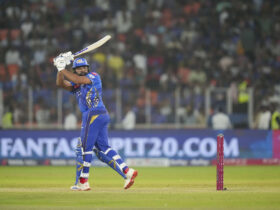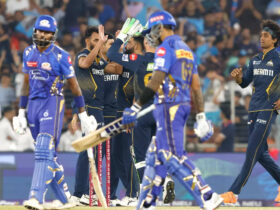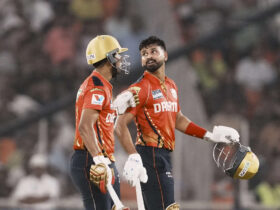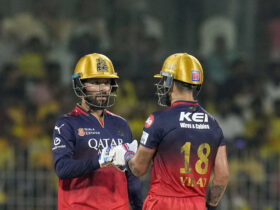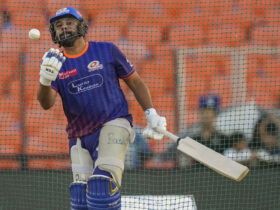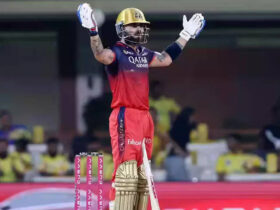South Africa’s performance in the 2023 semi-finals presented a different narrative, one of a spirited fight rather than the familiar tale of a heart-breaking choke.
However, the team’s exit from the tournament leaves room for reflection and regret.
South Africa, who finished second in the league standings and had previously defeated their semi-final opponents by a whopping 134 runs, had a lot to be proud of.
With some of the tournament’s best batting displays, including Quinton de Kock’s impressive run-scoring, the team had a lot going for them. They even won the toss and chose to play to their strengths, batting first in Kolkata’s bowler-friendly conditions.
South Africa’s Semi-Final Journey
Despite a three-wicket loss, the scoreline doesn’t fully capture the team’s journey. South Africa managed to recover from a shaky start of 24/4 in the 12th over to post a competitive score, thanks to David Miller’s brilliance.
With the ball, the team showed grit and determination until the very end. However, despite the positives, captain Temba Bavuma found himself in the familiar position of a losing semi-final captain, for the fifth time in ODI World Cup history.
Resilience Over Choke
South Africa’s resilience and ability to fight back doesn’t align with the ‘choker’ tag they’ve often been labelled with. Coach Rob Walter agrees, stating that this defeat was far from a choke.
He defines a choke as losing a game that you’re in a position to win. In this case, South Africa was on the back foot from the start, but managed to fight their way back into the game.
Decision at the Toss: Right or Wrong?
South Africa’s decision to bat first, despite overcast conditions and a formidable Australian attack, did not go as planned. Bavuma attributed the poor start to the conditions and the quality of the Australian attack.
However, Walter defended the decision to bat first, stating that hindsight isn’t an exact science and that no one could have predicted how the pitch would play in the first 12 overs.
Shamsi’s Selection Proved Right
Tabraiz Shamsi’s selection as an extra spinner was justified by his excellent performance. He took 2/42 and almost sparked a remarkable comeback with the ball.
Despite Australia’s strong start, Shamsi and fellow spinners Keshav Maharaj and Aiden Markram ensured a tense finale at Eden Gardens.
As the wait for a men’s final appearance at an ICC World Cup continues, the focus now shifts to next year’s ICC Men’s T20 World Cup in the Caribbean and USA.


